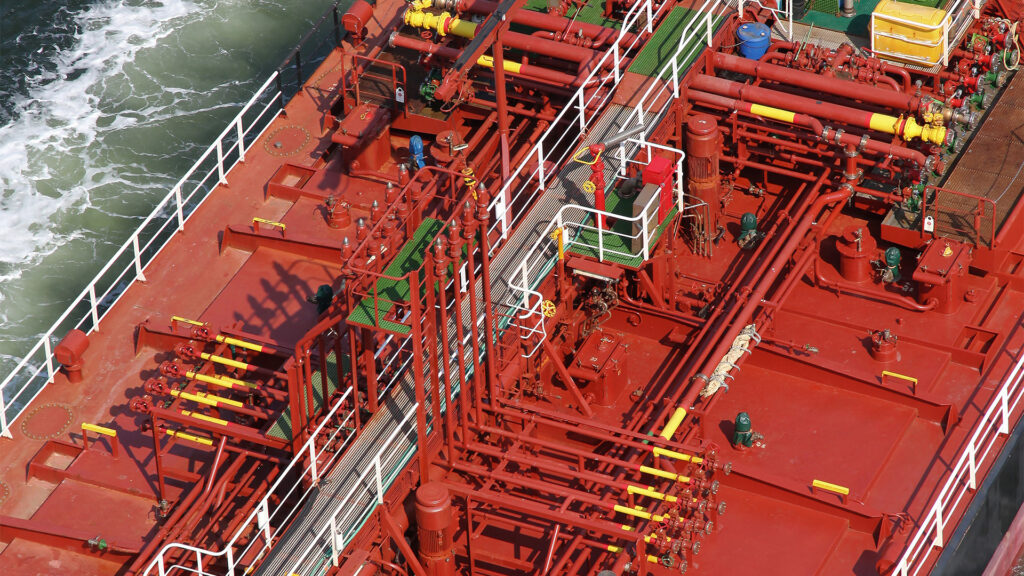Case update: Transocean Drilling UK Ltd v Providence Resources PLC, May 2016
The Court of Appeal (CA) has disagreed with the High Court’s controversial first instance decision and found that a claim for spread costs was in fact successfully excluded by a consequential loss exclusion clause incorporated into a drilling contract.
Background and the High Court decision
In April 2011, Providence Resources Plc (Providence) had contracted with rig owner Transocean Drilling U.K. Ltd (Transocean) for the hire of a semi-submersible drilling rig (the GSF Arctic III). The rig was to be deployed in the Barryroe Field, Ireland to drill an appraisal well. The High Court held that the rig had not been delivered in good working condition and that Transocean were in breach of contract for the resulting delays in this respect.
Transocean’s appeal however focused solely on the High Court’s decision to allow Providence to recover the ‘spread costs’ incurred as a result of the delay, which were the usual wasted costs of third party personnel, equipment and services. Transocean contended that their liability for such costs was excluded under the contract’s standard consequential loss clause.
The Court of Appeal decision
The CA reviewed the risk management and liability provisions in the contract as a whole. It was noted that the contract contained many complex provisions, based on the industry standard ‘LOGIC’ form, which the parties adapted to meet their specific needs. In particular, the CA focused on the following provisions.
- The complex series of indemnities allocating risk and responsibility for loss between the parties (the typical offshore “knock-for-knock” regime), noting that such provisions were “clearly designed to complement each other, [and] contained a detailed and sophisticated scheme for apportioning responsibility for loss and damage of all kinds, backed by insurance”.
- The exclusion of consequential loss and corresponding indemnity, including the critical words: “loss of use (including, without limitation, loss of use or the cost of use of property, equipment, materials and services including without limitation, those provided by contractors or subcontracts of every tier or by third parties)”.
The CA observed that the use of the words “without limitation” twice within the clause clearly indicated the parties’ intention to emphasise the width of the limitation and that this wording was “plainly apt” to cover the spread costs claimed by Providence. The CA disagreed with the High Court’s reasoning in reaching its decision, noting that “the court’s task is not to re-shape the contract but to ascertain the parties’ intention, giving the words they have used their ordinary and natural meaning”.
What was most significant in the CA’s decision was their view of the contract overall. Throughout their judgment, the court emphasised the extent to which the parties had agreed to accept responsibility for losses that might have otherwise been recoverable as damages for breach of contract. If, as a result of incorporating several different provisions of this kind, the parties have effectively agreed to exclude any liability for damages in the event of a breach, the CA’s view was that it is difficult to see why the court should not give effect to their agreement.
Comment
The provisions which the CA reviewed are typical of those you would expect to find in any offshore contract, whether for construction or services. As is the case in most of these contracts, risks and responsibilities for the parties tends to be set out in the widest possible detail. What the CA’s decision indicates is that parties will be bound by any such agreement. As a consequence, parties must be prepared to accept that by the operation of these contracts, claims which may have otherwise been recoverable at law may well be excluded, as was the case here.
Footnote
- [2016] EWCA Civ 372
Download a PDF version of ‘Case update: Transocean Drilling UK Ltd v Providence Resources PLC, May 2016’










